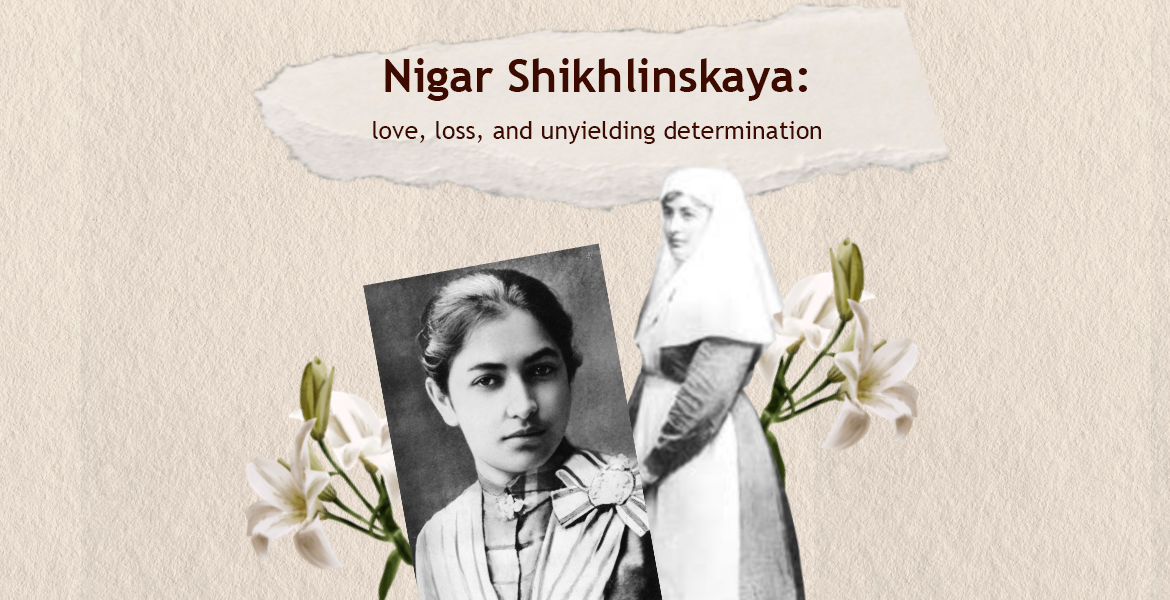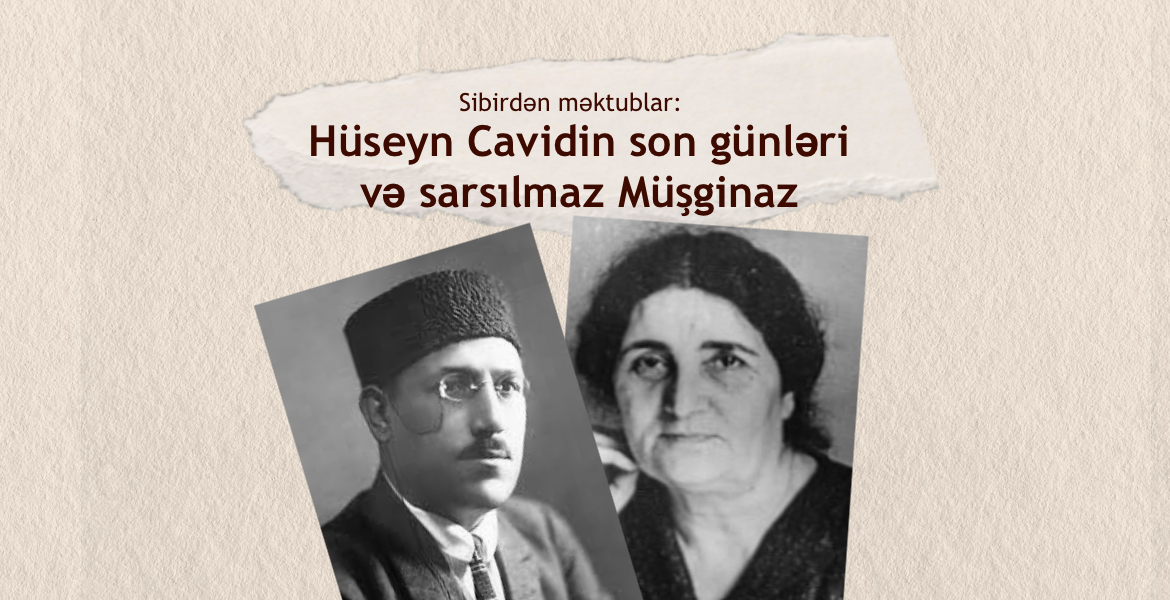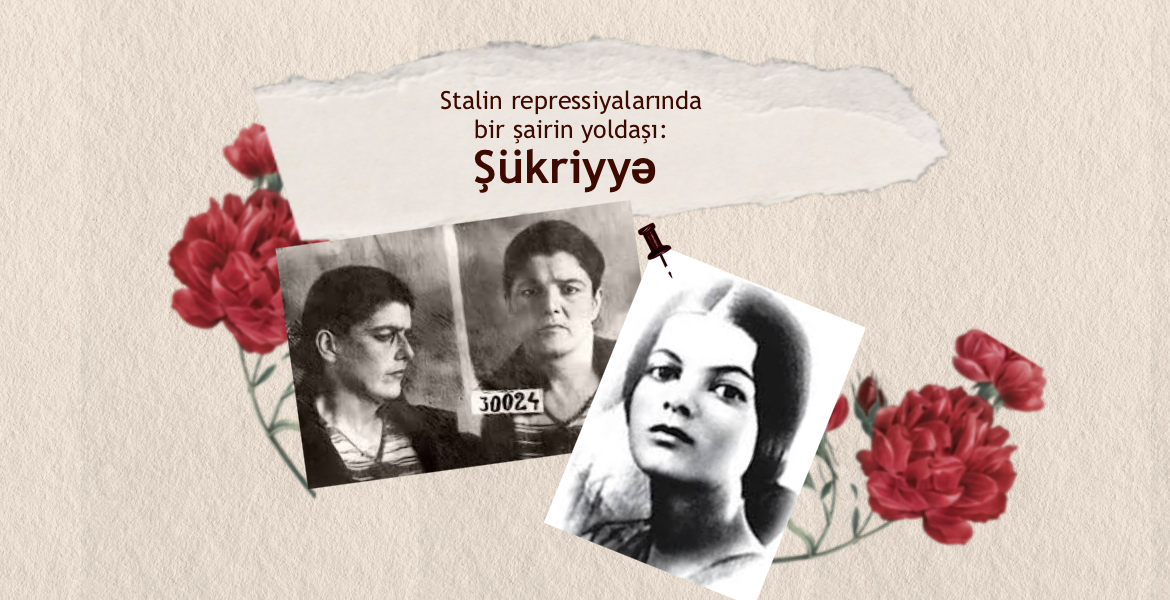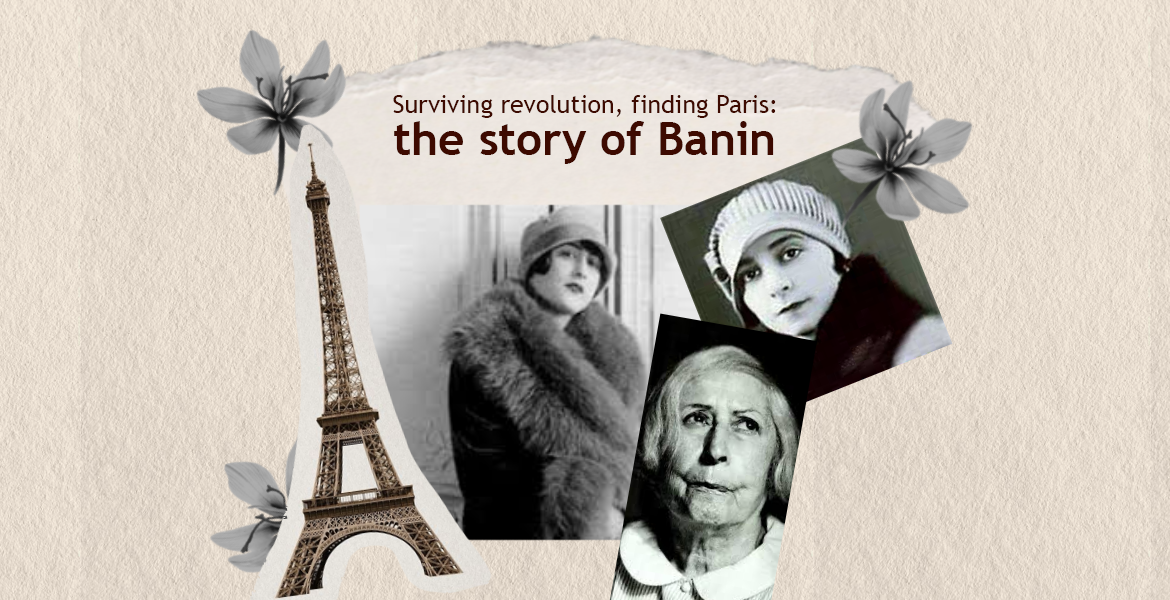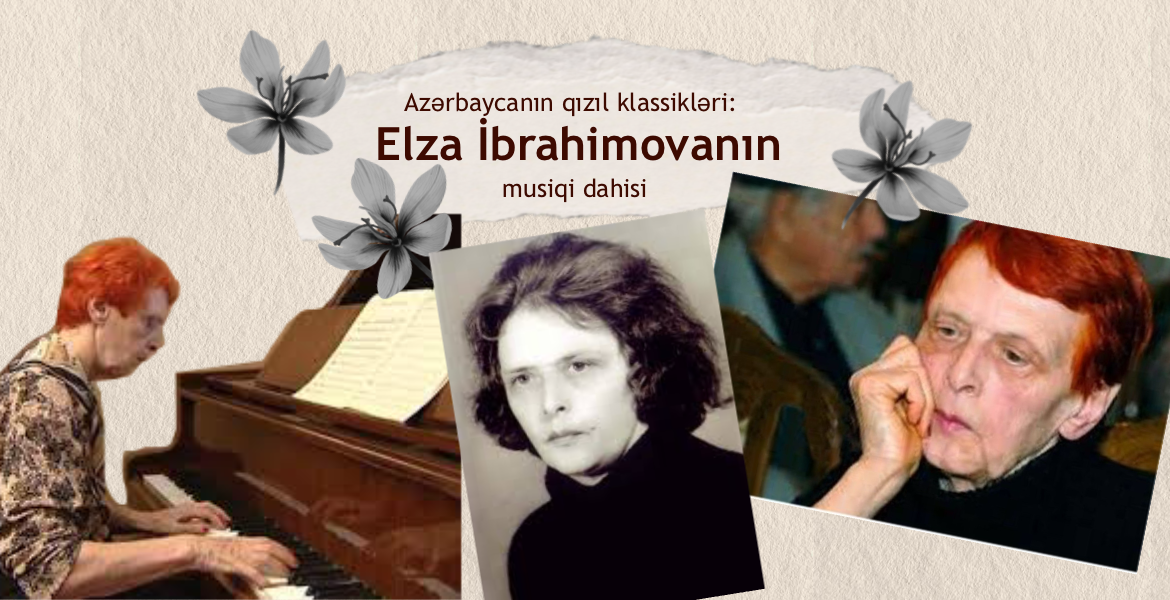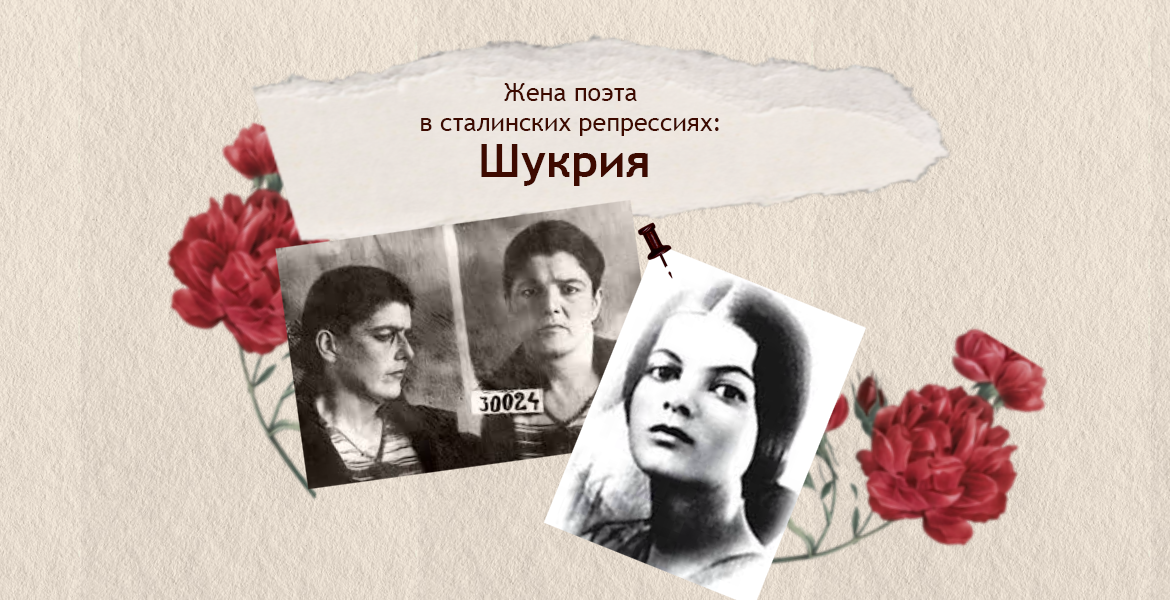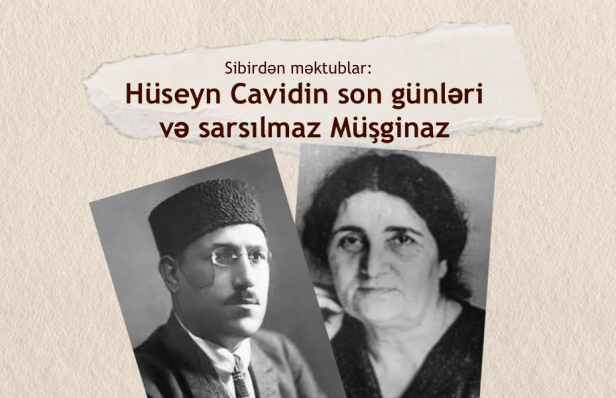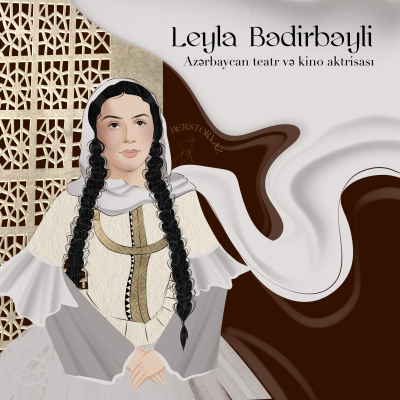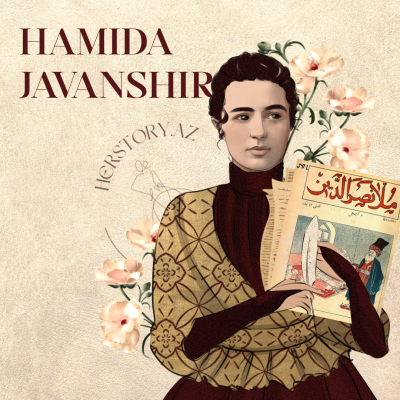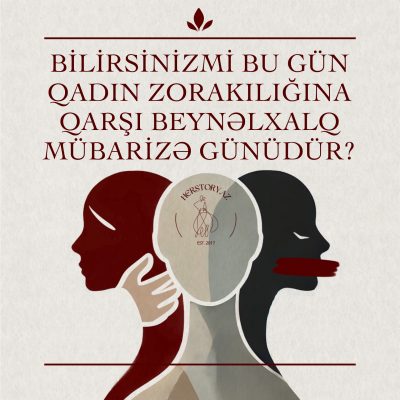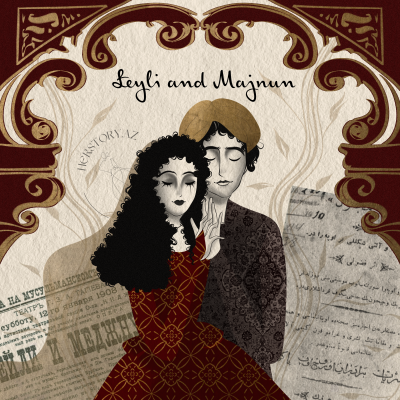Nigar Shikhlinskaya: Love, Loss, and Unyielding Determination
Nigar was born into the family of Mirza Huseyn Afandi Gayibov, a prominent religious figure and an exceptionally educated man. Devoted to science and enlightenment, Mirza Hussein firmly defended women’s right to education, often saying, “There is no such prohibition in the Shari’a.” He ensured his two daughters received the best education possible, a rarity at the time.
His daughters did not disappoint him. Educated, fluent in multiple languages, they became some of Azerbaijan’s most progressive women, contributing significantly to the country’s development. Today, however, the focus is on Nigar.
As Nigar grew from a child into a young woman, a bond that began in childhood between her and Ali Agha Shikhlinsky blossomed into love. Ali Agha, after graduating from a military gymnasium, went on to the Mikhailovsky Artillery School in St. Petersburg, and though they were not officially engaged, the two corresponded regularly.
However, when Nigar’s father discovered the depth of her feelings for Ali Agha, he was hesitant. Although Ali Agha was close to the family and had received their support in his education, Mirza Huseyn resisted the match, saying, “Ali Agha is smart and talented, but he is a military man, moving from one city to another. He can find happiness anywhere, but I cannot bear to have my daughter living far away among people of different faiths.”
Pressure mounted from another family interested in marrying their son to Nigar, especially from the boy’s mother, who was insistent. Eventually, Nigar was married to Dervish-bey Palavandov, from a noble Georgian family. But fate had other plans: after a brief time, her husband passed away, and her son Khosrov was taken to Turkey by his uncle, only to fall ill and pass away tragically before the age of nine.
This wasn’t the end of Nigar’s story, however. Her first love, General Ali Agha Shikhlinsky, famously known as the “God of Artillery” for his valor in the Russo-Japanese War, returned to Tbilisi to visit family—and saw Nigar once more. She had returned to her father’s house. Despite family objections to him marrying a widow, Ali Agha was undeterred, saying, “Nigar is my first love, my first dream. Young or widowed, it doesn’t matter to me—she is my Nigar.” They married in 1909.
Together, they faced life as equals. Nigar stood beside her husband, not behind him, becoming Azerbaijan’s first nurse and chairwoman of the Women’s Committee at the Red Cross Hospital during World War I. Known affectionately by soldiers as “Mother,” she worked at the “Shikhlinsky Hospital,” treating the wounded. Fluent in Russian, Kazakh, Kazan Tatar, and other languages, she personally communicated with soldiers and even wrote letters to their families in their native tongues.
Once, traveling alone on an officer’s train, she was mocked by officers who spoke in French, unaware she could understand them. They sneered, “These people are proud to know Russian, thinking it’s the height of knowledge.” She stayed silent but, upon reaching the station, rose and addressed them in flawless French: “Gentlemen, your behavior was hardly becoming of officers.” She added, “Let’s keep this conversation here. Thank you.”
Beyond her nursing work, Nigar was also an intellectual, publishing articles in the *Yeni Fikir* newspaper on Azerbaijani literature and language, and she was among the first to explore Nizami’s Azerbaijani identity.
Ali Agha’s love for Nigar remained profound throughout their marriage. In honor of his beloved, he wrote a delicate poem at age 47, which in 1948 inspired the composer Uzeyir Hajibeyov to begin a romance, though he could not complete it. Though they had no children, their 22 years together were filled with mutual respect and love. Ali Agha reflected in his memoirs, “There was never a dark cloud in our happy sky… The happiest time of my life, even in difficult moments, was my 22 years with Nigar. Her death was the hardest blow, taking with her all the beauty of my life.”
For eleven years, he visited her grave every Thursday and insisted in his four separate wills that he be buried beside her. In all four, he stated, “You will bury me next to my beloved Nigar khanum.”
Their story remains one of unwavering love and shared commitment to their people, each leaving an indelible mark on Azerbaijani history.
